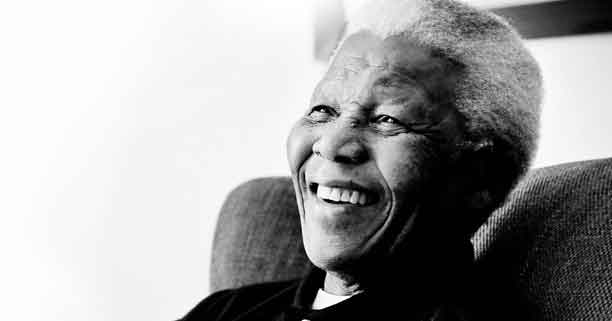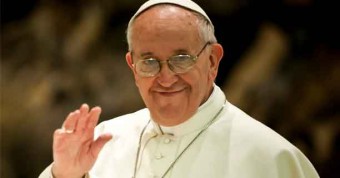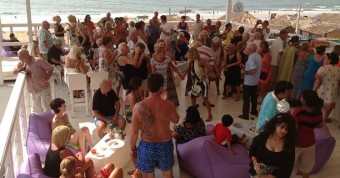Why we need historical giants
It’s not 100 percent clear that Nelson Mandela deserved every accolade being thrown his way in the wake of his passing last week. And some of the qualities he’s being lauded for are certainly open to debate. He’s being called a pacifist, treat and yet he did choose, right or wrong, to take up armed struggle against South African apartheid. Many say that without him South Africa would have descended into a bloodbath, though there’s reason to believe the blacks might not have sought revenge, especially considering that the African National Congress had always included both black and white members.
What’s not open to debate, however, is that Mandela was a moral giant. By leading his nation’s struggle against racial injustice, he became an internationally recognized symbol of dignity and human rights. By emerging from 27 years of imprisonment without hatred or rancour, he delivered a transcendent message about the power of forgiveness. He led his people not according to the authority of his position but from the example of his life, which inspired, uplifted and engaged others in a shared mission.
There are many great people in the world, but historical giants are rare. There’s only one Mahatma Gandhi, one Abraham Lincoln, one Mother Theresa, one Martin Luther King Jr. I was four years old when the latter was assassinated, and yet his life and struggles very much informed my feelings about the world and my desire to be part of the ‘light.’ This, ultimately, is why we need these giants. They are guideposts showing us a better way.
Here’s what Barack Obama had to say about Mandela at this week’s memorial service: “Over 30 years ago, while still a student, I learned of Nelson Mandela and the struggles in this beautiful land. It stirred something in me … And while I will always fall short of Madiba’s example, he makes me want to be better.”
When I learned of Mandela’s death, my thoughts immediately turned to my two young sons. I was grateful that their first years on earth corresponded to the final years of Nelson Mandela, and I hoped that he would inspire them in the same way Dr. King inspired me. And then I thought of India and Goa, and all the political leaders here who could take a lesson from Madiba on how to wield power constructively. And all the voters in this land facing stark choices this election season, with some of candidates so un-Mandela like when it comes to the issue of tolerance.
South Africa is far from a perfect place. The economy is slumping, inequality is rising and corruption is rampant. And yet it is a democracy that enjoys the respect of the world, and despite the dire predictions of a generation ago, it is at peace.
Mandela’s journey took him from a privileged childhood of tribal royalty to the underground struggles of the anti-apartheid movement to the cruelties of prison life to the office of the presidency. When he was inaugurated, he famously invited one of his former white jailers to attend the ceremony. Unlike other revolutionaries, when his term was up he happily handed the job to someone else.
“No one is born hating another person because of the color of his skin, or his background, or his religion,” Mandela once said. “People must learn to hate, and if they can learn to hate, they can be taught to love, for love comes more naturally to the human heart than its opposite.”
It’s one thing to be a freedom fighter and another to be an effective national leader. The fearlessness and stubbornness required for an effective rebellion are often the same qualities that can stymie a politician. Mandela’s gift was that he was both – a courageous rebel and a pragmatic politician. It can be said that he was the last great liberator of the past century. Where will the next ones come from? I’m not really sure. But I do know we need them.
____
Steven Gutkin, who runs Goa Streets along with his wife Marisha Dutt, spent decades as a bureau chief and foreign correspondent for major news organizations around the world, including South America, the Middle East, Asia and Africa.




